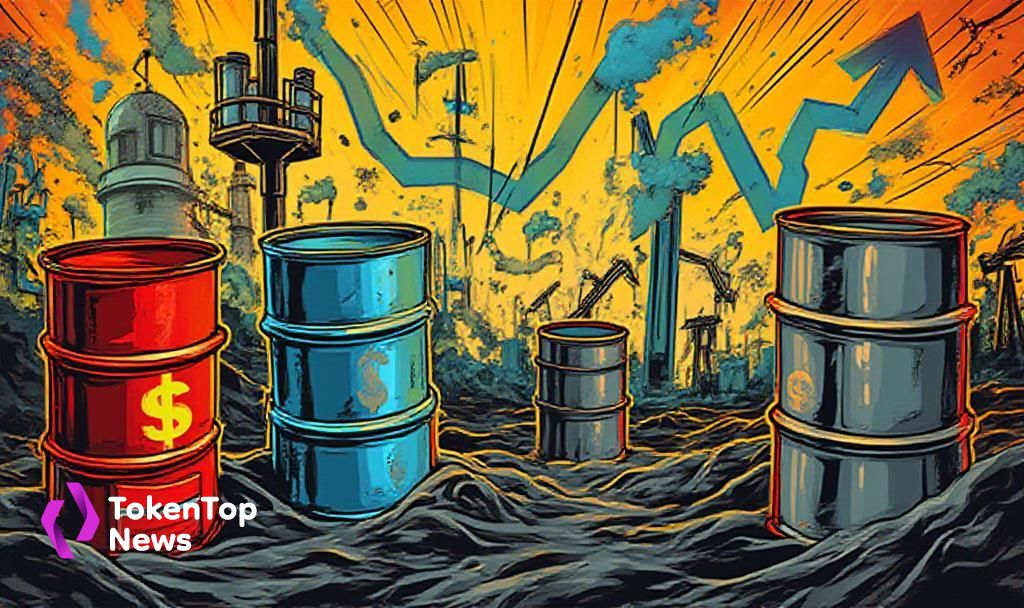Middle East Conflict Could Raise U.S. Summer CPI
- Middle East conflict could spike U.S. CPI to 4% by summer.
- Oil prices are expected to surge amid heightened tensions.
- Inflation may drive increased investor interest in Bitcoin BTC +0.00% .

The conflict’s prolonged nature is expected to elevate oil prices, thus influencing inflation levels. Market analysts anticipate a ripple effect across various industries, affecting consumer pricing, trade costs, and investment trends.
Financial Analysts’ Insights
Financial analysts from ING predict a return of U.S. CPI to 4%, fueled by escalated oil costs amid Israeli and Iranian tensions. Historical precedents suggest geopolitical conflicts contribute to global inflation spikes. Recent conflicts have boosted share prices in shipping sectors, such as Teekay and Frontline, while airline stocks fall due to anticipated higher fuel expenses. AInvest emphasizes the economic threat posed by extended Middle East tensions, particularly highlighting oil’s exacerbated price trajectory due to these geopolitical strains.
“We expect to see bigger spikes in the month-on-month inflation figures through the summer.” — ING Analysts
Sectoral Impact
The financial implications extend to consumer sectors. Major companies, including Walmart, could raise prices due to increasing shipping expenses. For digital assets, Bitcoin and Ethereum ETH +0.00% might see increased activity as protective hedges against inflation uncertainty. Central bank statements indicate that ongoing price hikes contribute to inflation pressures, independent of cryptocurrency policies. Cryptocurrency discussions remain sparse amidst geopolitical discussions, with macroeconomic factors predominantly featured.
Insights into potential economic outcomes suggest investors may pivot towards commodity exposure and digital assets as hedges. Middle East tensions may raise U.S. summer inflation to 4%. Geopolitical tensions typically prompt market shifts towards stablecoin utilization and digital asset investments during inflationary periods. Historically, conflicts have resulted in commodity price spikes, as seen in past Middle Eastern geopolitical incidents.




